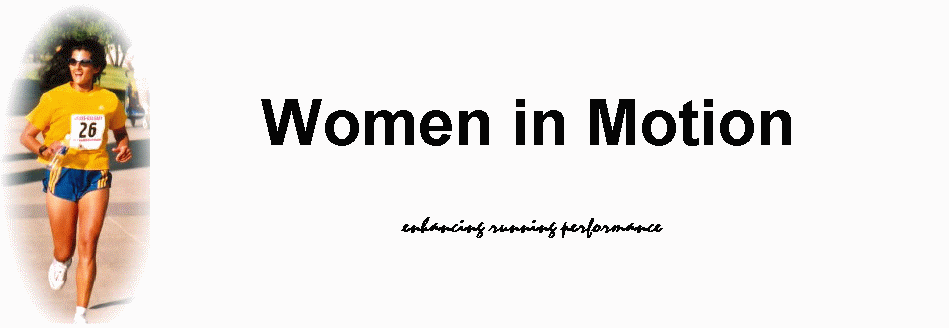| MENU |

After the Marathon is Over What to do when the marathon is over! It's over, you got it done. You have finished something only accomplished by a small percentage of the human population. Congratulations on attaining your goal. So what are you going to do next? "I'm going to Disneyland!" No quite yet! Your work is not done. The last stage of the marathon process still needs to be completed. You must recover. Water, Water, Water-- You have lost fluids and minerals, so immediately start replacing them. There is always water at the finish area. Drinking water and sports drinks for the next several days is a smart move. When your urine is clear, you know that your recovery process is underway. Re-Fuel -- Food is also available at the end of a marathon. Try to eat something that is offered, even if you don't feel like eating. Good healthy foods that will help your body repair any damage that may have occurred. Your muscles have experienced a good workout and need good food. Keep your diet as balanced as it was while you were training. You might want to increase your protein slightly to aide this process. Keep Warm -- Remove your running gear as soon as possible and change into dry warmer clothing. Towel-off, dry off and put on the dry clothes. Don't stand around chatting and shivering. Even on a warm day you will cool down when you stop running. Keep Moving-- Try not to drop to the ground and sit. Getting back up can be difficult. Keep walking around. if you are with friends, get them to walk with you. Your muscles need to cool down and the lactic acid in your muscles needs to be worked out. The sooner you get rid of this lactic acid the sooner you will get rid of any pain. Get a Massage - Oh yah, if a post massage is offered, take advantage of it. Some experts say that a massage right after running a marathon is not effective, but tell that to your body. It feels sooooo goooooood. Your body will definitely appreciate all the help it can get. Sore spots-- Ice any unusually sore spots (ankle, knee, etc.), treat any blisters you may have developed. Take a nice hot shower or bath when you get back to your hotel room or home. Get Out and Move-Later on in the day take a long walk. If you are with a group of runners, arrange to meet later on the day or evening and take a long walk. If you are with family, get them out with you. You may even see some elite runners and acually meet them. Stiffness will ocurr several hours later and the walk really works out the lactic acid. Document Your Experience -- As soon as you can write down your perceptions of the marathon. Record your time, how you felt and when you took fluids. If you used a heart rate monitor or recorded time intervals, deprogram your watch now and record all of this. You can reflect back on this later and see just when and where you picked up speed and when you slowed down. This can be a useful guide when you prepare for your next marathon. Other Fluids -- If you go out with a group to a post race party, celebrate by dancing but watch the alcohol consumption. Dancing helps with the lactic acid removal. That night, you may not sleep very well because your body will still be reacting to the marathon. First Day After-- You should experience some soreness and stiffness. That is normal. Some marathoners jog a little (30 minutes or less). Others just continue to walk. Remember to continure to drink liquids and eat normally. Second Day After-- This is the worst day. You wake up and feel stiff and sore all over. Most marathoners find this day the most difficult. The excitement has subsided and fatigue has had a chance overnight to get to you. Stretching will help and so will a morning warm bath or shower. This is a good day to practice laying around. The Next Three Weeks-- This time period varies for runners. A rule of thumb is to take one day off from running for every mile ran. Rest and recovery are important, but what you do to rest and recover depends on the individual. Some marathoners do absolutely nothing for next week and then slowly immerse themselves back into training. Other marathoners are running 5 Km slowly each day with no serious running. Still you need to be careful as many a marathoner has developed an injury that stays for almost ever due to rushing back into hard training. And of course, a lot depends on what physical condition you are in to begin with. Use this recovery period wisely and you will be ready and fit to begin preparing for your next challenge, whether it be another marathon or an ultra-marathon. Gord - Women in Motion |

